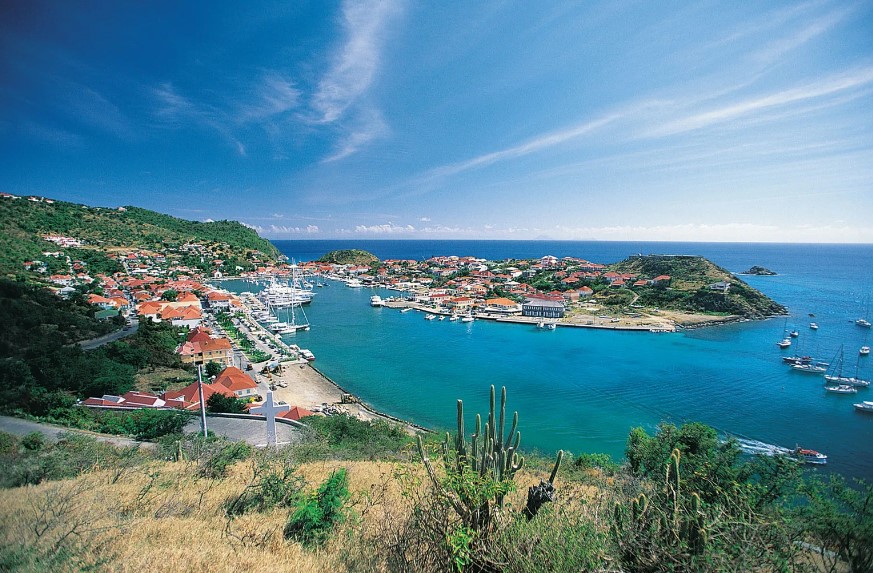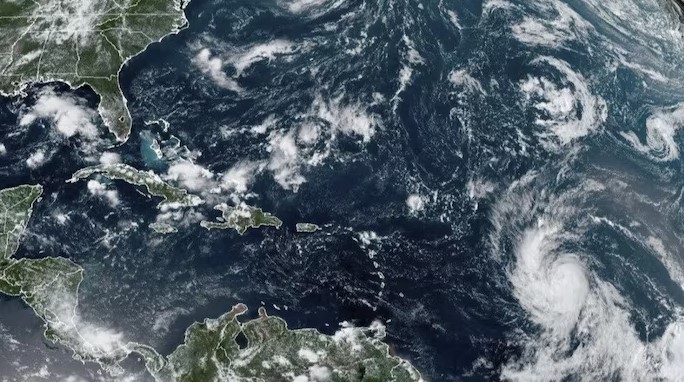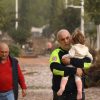On Friday, Hurricane Lee surged through the warm Atlantic, becoming the season’s first Category 5 storm before slightly weakening to a Category 4.
Though it is not expected to make landfall, it poses a significant threat to the northeastern Caribbean with potentially hazardous waves reaching up to 15 feet (5 meters).
The hurricane is projected to move several hundred miles northeast of the Caribbean, but it could still bring dangerous surf conditions to Puerto Rico and neighboring islands.
As of now, Lee is situated about 565 miles (910 kilometers) east of the northern Leeward Islands, with winds reaching 155 miles per hour (250 kilometers per hour) and a west-northwest movement of 13 mph (20 kph).
The National Hurricane Center noted that while the storm is extremely powerful, its wind field is relatively small. Intensity fluctuations are common in such intense hurricanes.

Lee is expected to intensify further, potentially reaching winds of 180 mph (290 kph), a strength achieved by only seven Atlantic hurricanes since 1966. Hurricane Dorian, a recent example, devastated the northern Bahamas in 2019 as a Category 5 storm.
Dangerous surf and rip currents are anticipated to affect the northern Leeward Islands later on Friday and spread to Puerto Rico, Hispaniola, the Turks and Caicos, the Bahamas, and Bermuda over the weekend. The National Weather Service in San Juan warned of waves between 10 and 15 feet (3 to 5 meters) and advised against beach activities.
The National Hurricane Center also forecasted dangerous surf and rip currents for the U.S. East Coast starting Sunday but did not provide details on potential impacts. U.S. President Joe Biden was briefed on the hurricane’s trajectory and preparations, with FEMA deploying rapid response teams and stockpiling supplies in Puerto Rico and the U.S. Virgin Islands.
Hurricane Lee is the 12th named storm of the Atlantic hurricane season, which runs from June 1 to November 30. Tropical Storm Margot, the 13th named storm, formed on Thursday and is expected to strengthen into a hurricane over the weekend. In the Pacific, Hurricane Jova is churning in open waters with no immediate land threat.

